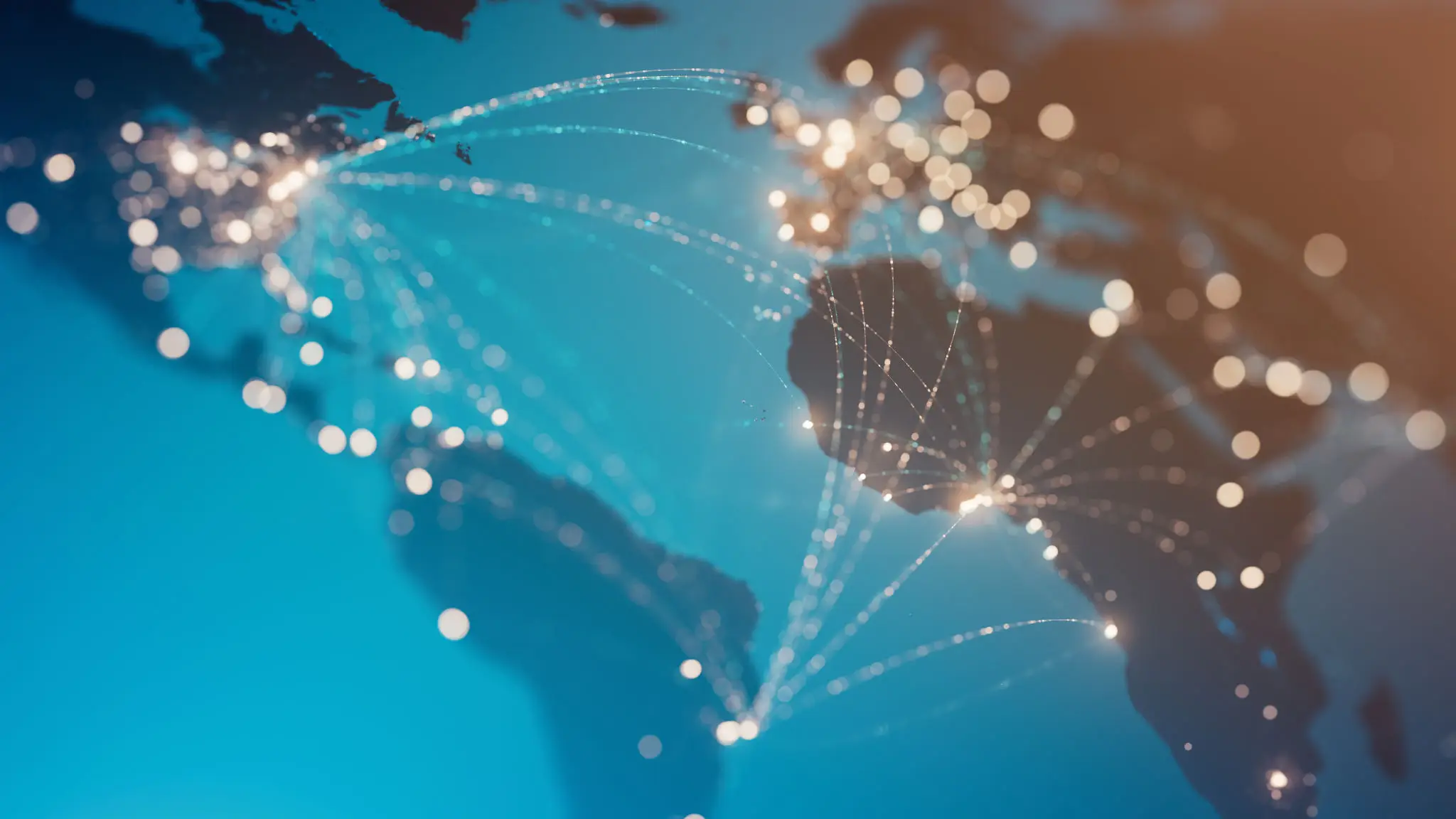
Tariffs in a Globalized Economy: Weighing the Benefits and Burdens — and the Role of Axovanyx LLC
In an increasingly interconnected world, tariffs- government-imposed duties on imported goods- remain one of the most debated tools in international trade policy. While intended to protect domestic industries, stimulate local production, and generate government revenue, tariffs often create a ripple effect across global supply chains, impacting businesses, consumers, and entire economies. Their implications are especially significant for small, import-reliant countries, such as the island states of the Caribbean.
This article explores the pros and cons of tariffs, their impacts on the global economy and vulnerable economies in the Caribbean, and how Axovanyx LLC plays a crucial role in helping businesses navigate these complex trade environments.
The Pros of Tariffs
- Protection of Domestic Industries
Tariffs serve as a buffer against foreign competition, giving nascent or struggling domestic industries the breathing room needed to grow. They can help foster industrial development and job creation in sectors considered vital to national interest. - Revenue Generation
For developing countries with limited tax infrastructure, tariffs offer a direct and relatively easy means of raising government revenue that can be reinvested into infrastructure, healthcare, and education. - Trade Negotiation Leverage
Tariffs can be strategically deployed as leverage in international trade negotiations to secure more favorable terms or to address perceived unfair trade practices. - Encouragement of Local Production
By making imported goods more expensive, tariffs can stimulate demand for locally produced alternatives, strengthening national self-reliance and reducing dependence on foreign suppliers.
The Cons of Tariffs
- Increased Consumer Costs
Tariffs raise the cost of imported goods, which is often passed on to consumers. This can be especially damaging in low-income regions where affordability is critical. - Disruption of Supply Chains
In a globalized economy, few products are made entirely in one country. Tariffs can disrupt supply chains, increase manufacturing costs, and create inefficiencies across sectors. - Retaliatory Measures
Tariffs can provoke retaliatory tariffs from trade partners, escalating into trade wars that hurt both importing and exporting nations. - Negative Impact on Small and Import-Dependent Economies
For small island states, like those in the Caribbean, tariffs often mean higher input costs for essential goods, reduced competitiveness, and slower economic growth. These regions typically import more than they export, making them particularly vulnerable to external trade policy changes.
Caribbean Island States: Unique Vulnerabilities
Caribbean nations rely heavily on imports for food, fuel, manufactured goods, and raw materials. Tariffs on these items can cause significant price volatility, inflationary pressure, and supply chain fragility- challenges exacerbated by limited domestic production capacity and logistical constraints.
Furthermore, when larger trading partners like the United States, China, or the EU adjust their tariff structures, the Caribbean feels the tremors. Retaliatory trade actions between major economies can indirectly reduce the flow of affordable goods to the region or reallocate shipping routes, impacting availability and timeliness.
The Strategic Role of Axovanyx LLC
In this challenging landscape, Axovanyx LLC emerges as a strategic ally for businesses and governments alike. As a premier provider of product sourcing and business consulting services, the company is uniquely positioned to help mitigate the adverse effects of tariffs and ensure supply continuity.
Product Sourcing Services
Axovanyx LLC leverages a global network of manufacturers and suppliers to offer its clients alternatives that are cost-effective and resilient to tariff disruptions. Whether sourcing raw materials, finished goods, or specialized equipment, Axovanyx helps clients optimize procurement by exploring tariff-free trade zones, alternate suppliers, or regional trade agreements.
Consulting Services
Beyond sourcing, Axovanyx delivers expert consulting solutions that help businesses restructure their operations in response to evolving trade dynamics. This includes:
- Tariff Impact Analysis
- Customs and Compliance Advisory
- Supplier Diversification Strategy
- Market Entry and Risk Mitigation Plans
The firm’s advisory services are particularly valuable for Caribbean enterprises seeking to strengthen their trade resilience, reduce import dependencies, and identify investment-friendly sourcing models.
Conclusion
While tariffs may offer short-term advantages to some economies, their long-term impact- particularly on global supply chains and vulnerable regions like the Caribbean- requires careful navigation. Strategic sourcing and proactive consulting are more important than ever.
Axovanyx LLC stands at the forefront of this response, offering tailored solutions that empower businesses to stay competitive, resilient, and compliant in an unpredictable trade environment. By bridging the gap between global supply and regional demand, Axovanyx transforms tariff challenges into opportunities for sustainable growth.
